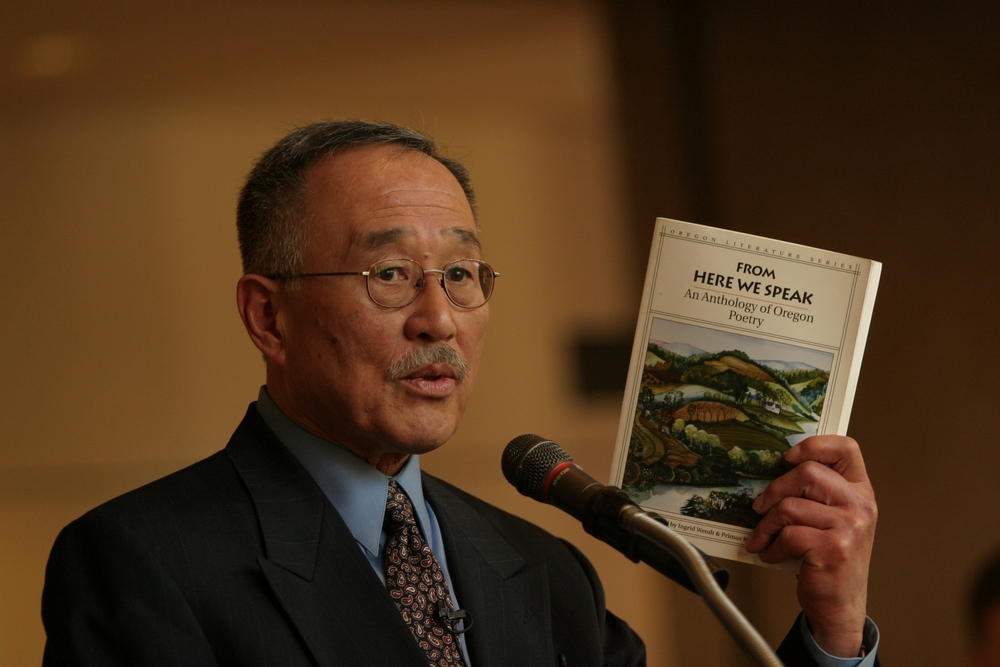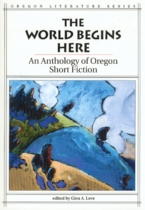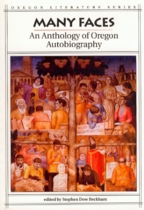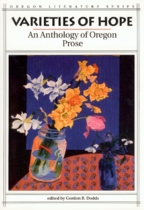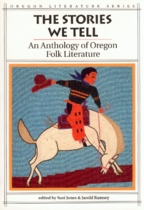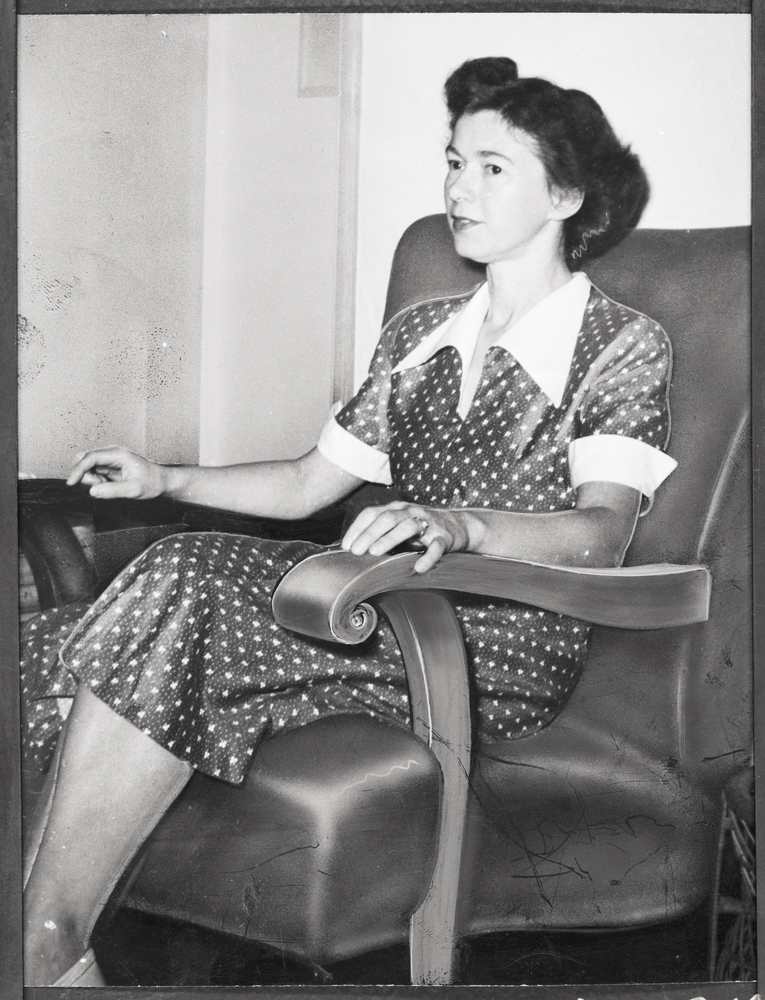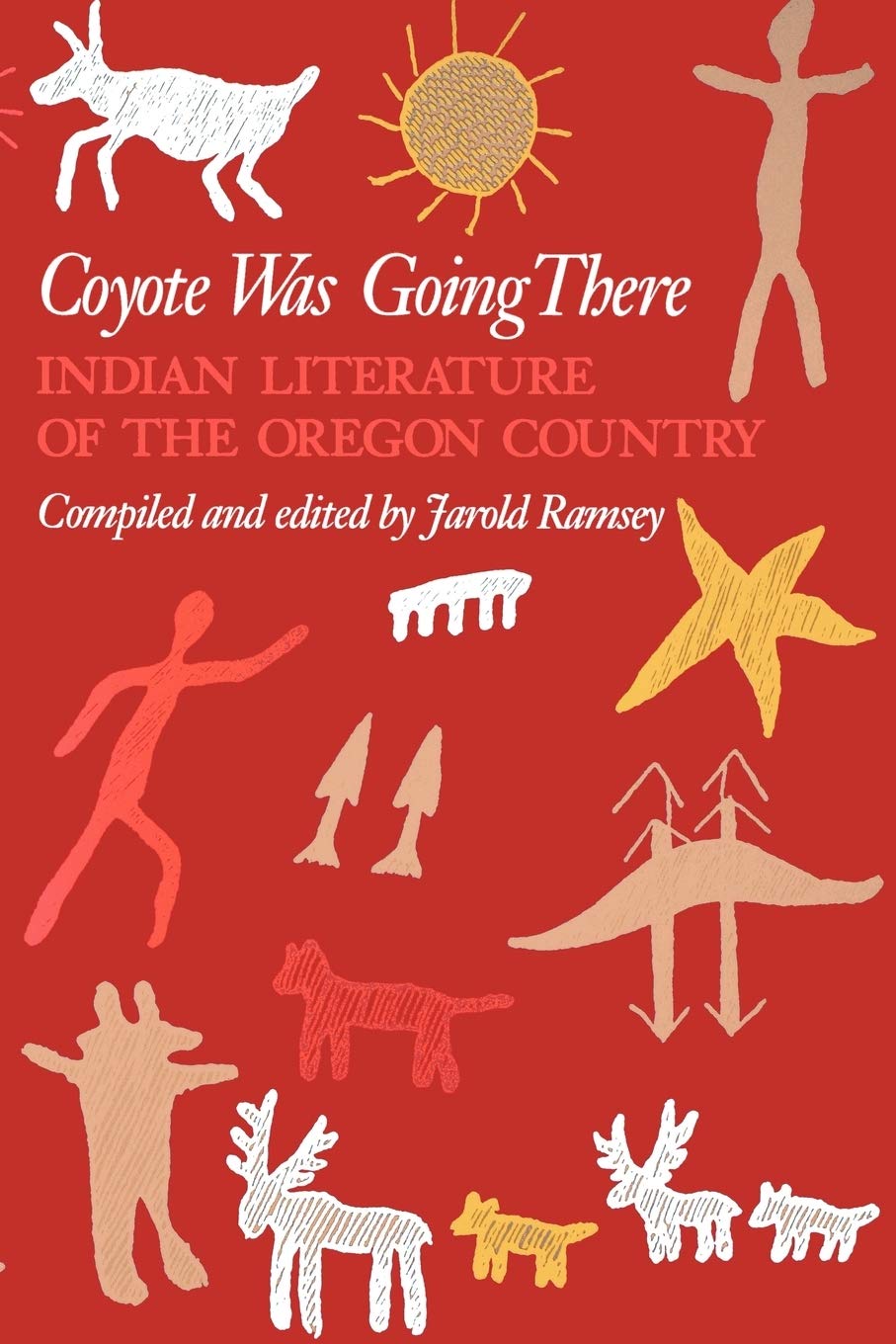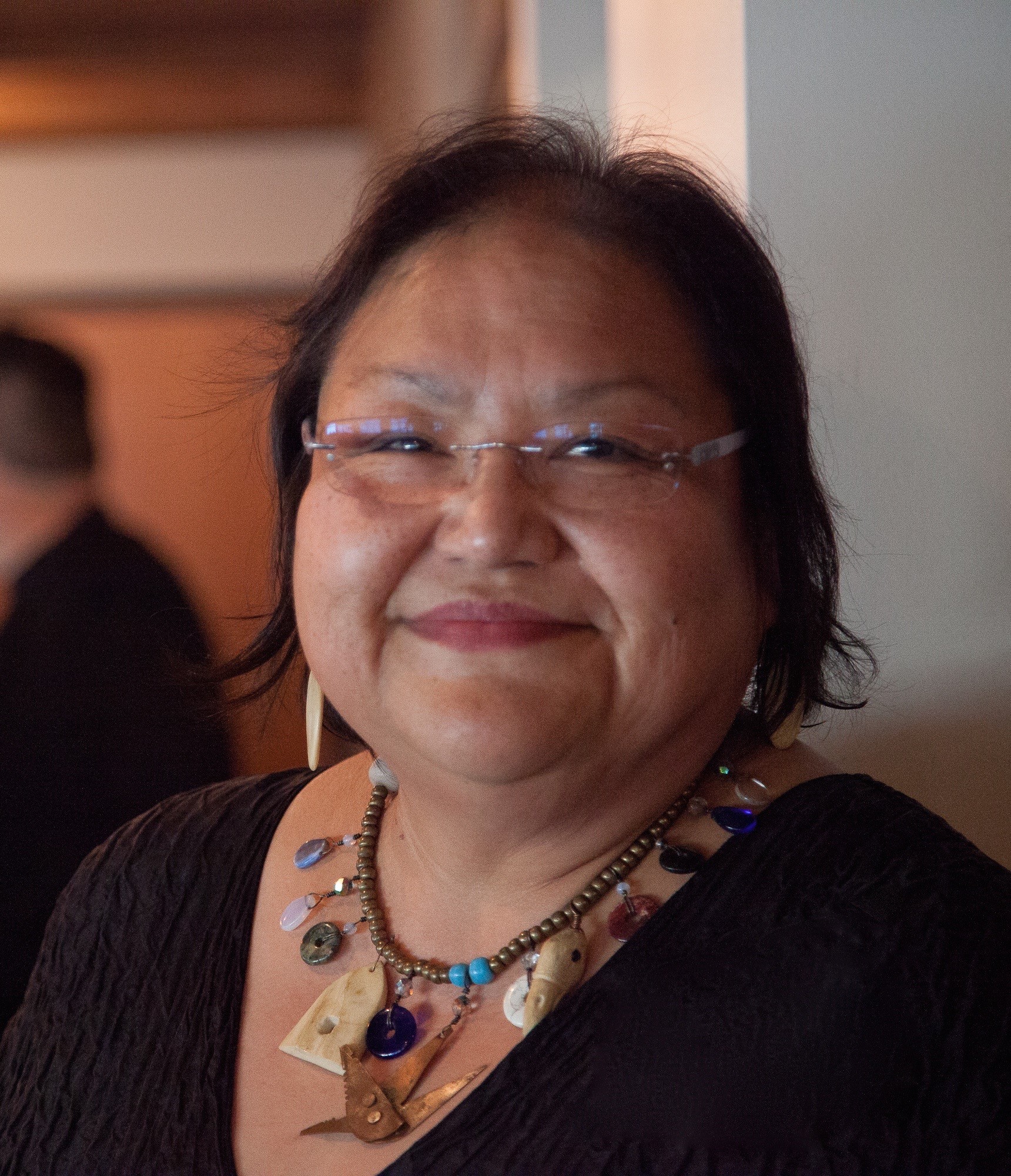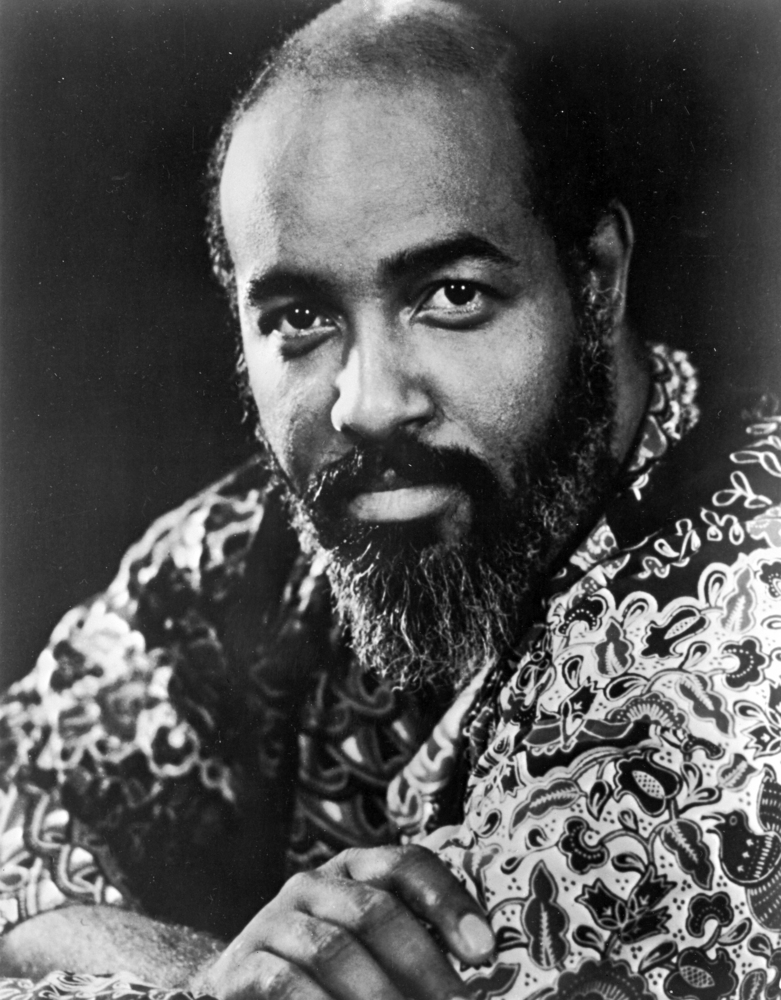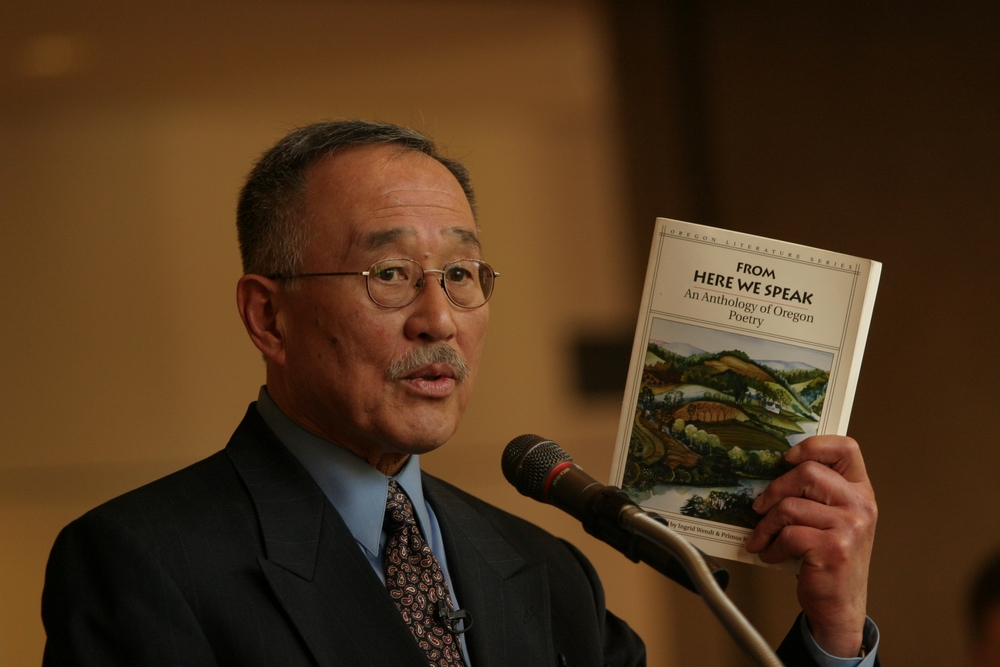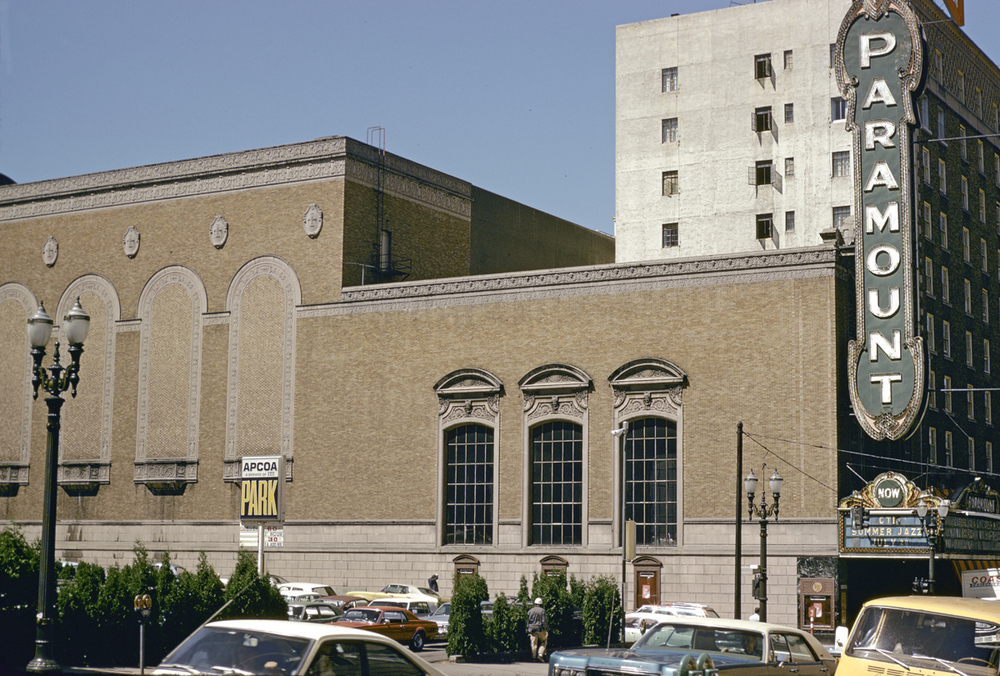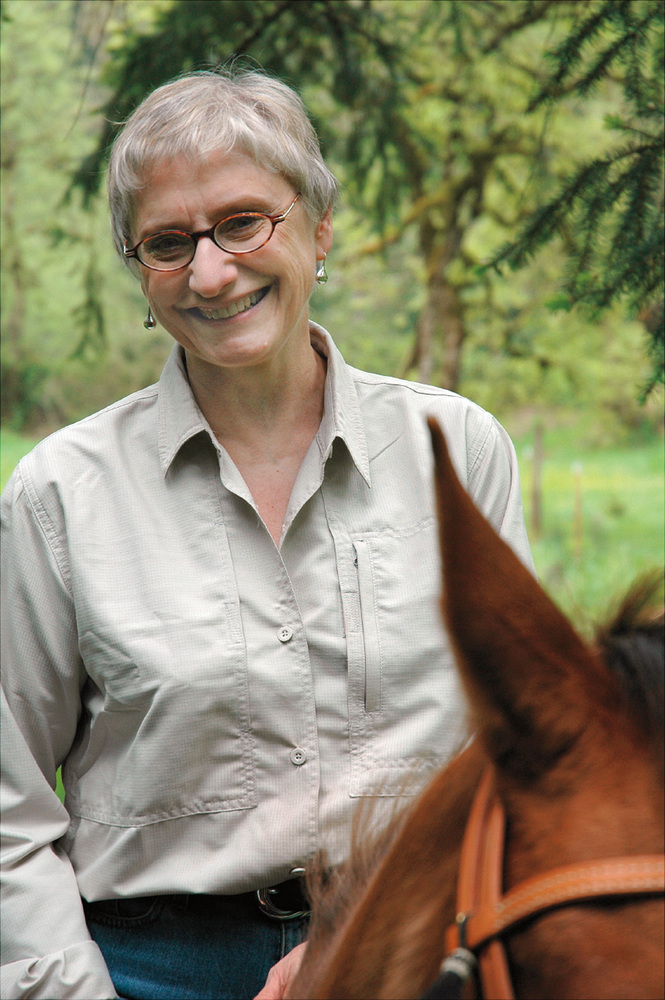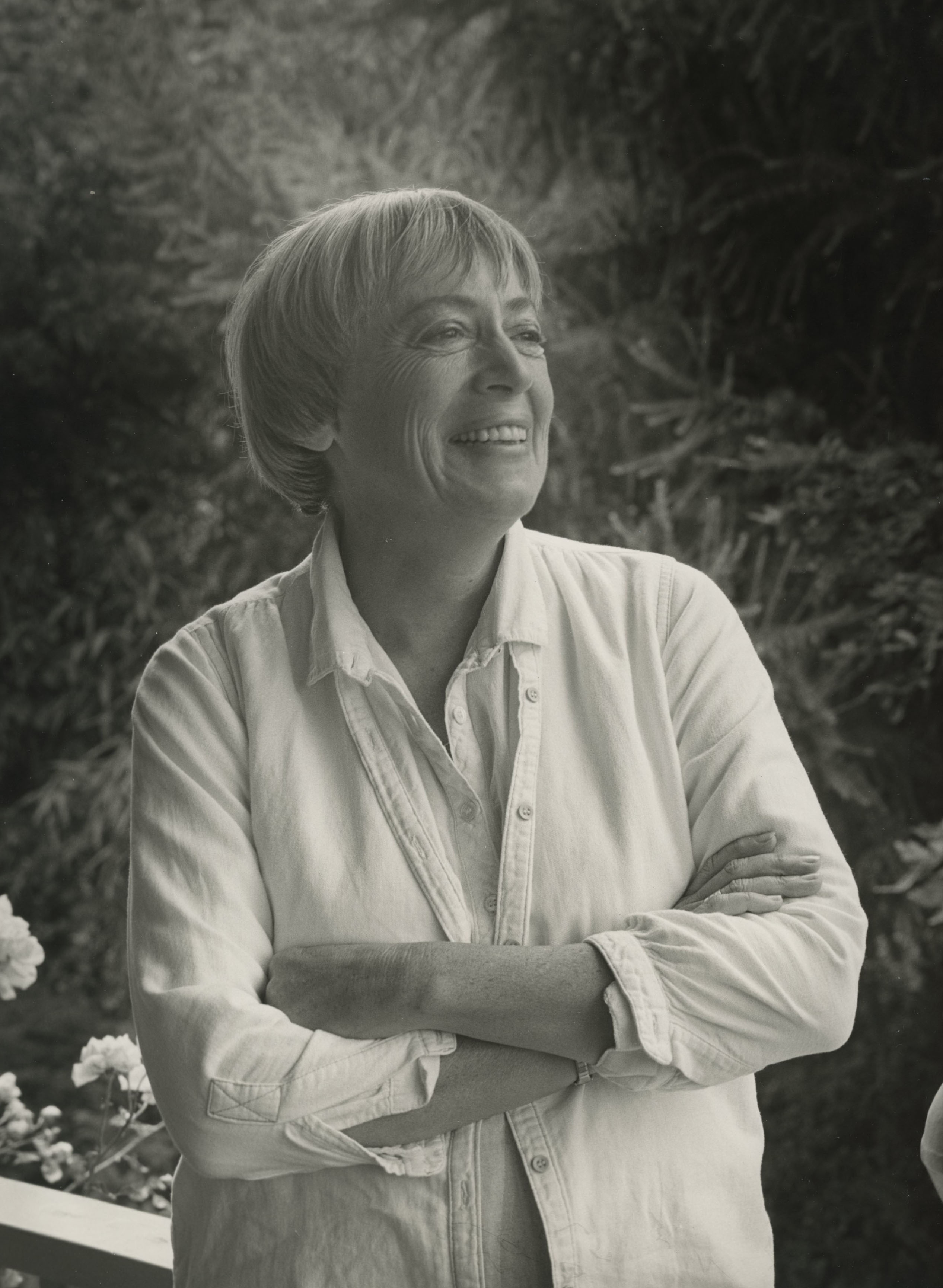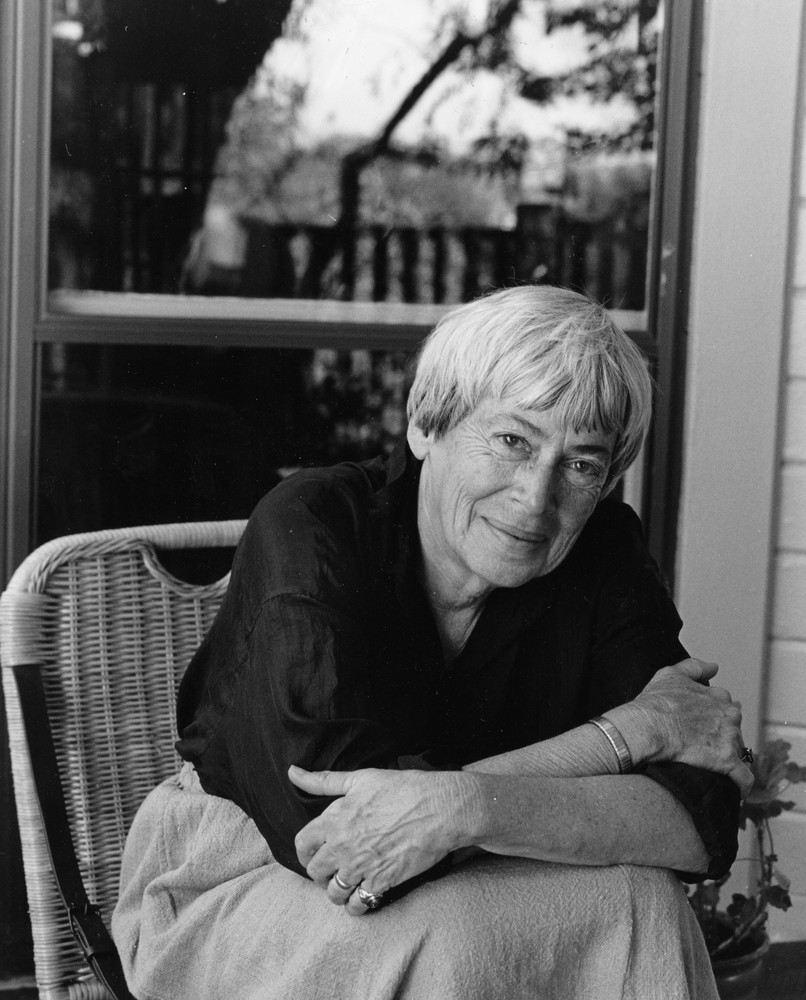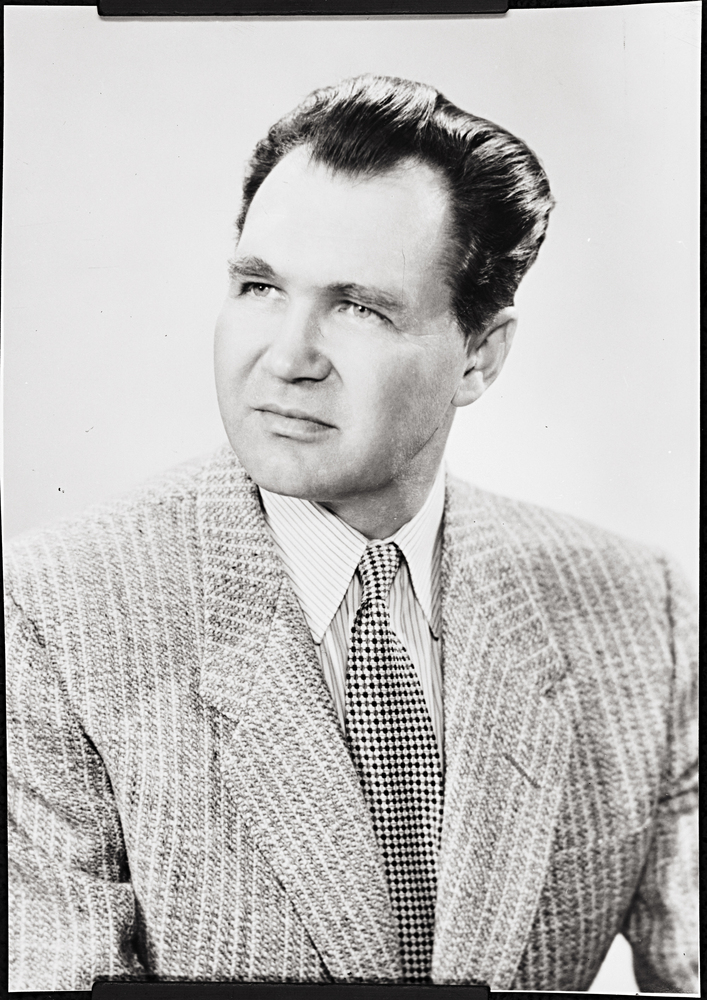“The Oregon Literature Series is a national model,” wrote John Frohnmayer, chair of the National Endowment for the Arts. A project of the Oregon Council of Teachers of English (OCTE), the six books that make up the series, published by Oregon State University Press in 1993-1994 and in print ever since, are the only multiple-volume anthologies of any state’s literature.
In 1986, the executive committee of OCTE under then-president Ulrich Hardt identified the goal to publish a state-based literary collection, financed largely from funds the Council had earned through Northwest regional conferences. In 1989, OCTE appointed George Venn general editor and Ulrich Hardt managing editor of the series. Nine knowledgeable specialists were selected from 130 nominees from across Oregon and the United States to edit the genre-based volumes.
OSU Press broke with all precedent by turning over editorial control of the content to OCTE editors while maintaining production and marketing responsibilities, with Jo Alexander representing the Press.
The editors searched the state for the best writing, selecting authors known and unknown, celebrated and forgotten. Together, these 538 Oregon voices reveal a rich cultural heritage; they are proof that American literature does not begin at Walden Pond and end in Manhattan.
Here, authentic Oregon experiences are the stuff of literature, from a Chinook village in Clatsop County to a ranch at the base of Steens Mountain, and from Senator Wayne Morse on the Gulf of Tonkin resolution to Ken Kesey on counterculture, Ursula LeGuin on Mount St. Helens, and maestro James DePreist on missiles and Mozart. Readers encounter first Oregonians, loggers, Basque sheepherders, a Pulitzer Prize winner from Yoncalla, Portland Trail Blazers fans, pioneer journals, Native American lullabies, tales of Bigfoot, cowboy poetry, and the folklore of immigrants, farmers, miners, and Wobblies.
The anthologies have introductory essays that are major contributions to Oregon literary history. They also feature biographies and portraits of the authors, bibliographies of sources, suggestions for further reading, and art by more than 100 Oregon artists.
Volume I, The World Begins Here. An Anthology of Oregon Short Fiction, edited by Glen A. Love, presents thirty-three stories ranging from a Nez Perce tale to stories by contemporary writers Molly Gloss and Barry Lopez, from children’s authors Beverly Cleary and Walt Morey to a story in Spanish by Juan Armando Epple. It also includes contributions by Elizabeth Woody (Warm Springs, Wasco, Navajo) and former Oregon poet laureate Lawson Fusao Inada.
Stephen Dow Beckham edited Many Faces. An Anthology of Oregon Autobiography, in which forty-three authors give their “personal editorials of what they consider is central to having been.” There are examples of exploration, frontier trials and triumphs, rags-to-riches stories, and confessional accounts. Robert Hume writes about migration, and Angus Bowmer chronicles Ashland’s transformation. Abigail Scott Duniway relates her struggles as a woman, and Mitzi Asai Loftus and Sarah Winnemucca write about racial discrimination they experienced.
Varieties of Hope: An Anthology of Oregon Prose, edited by Gordon B. Dodds, includes essays, history, journalism, and biography. The selections demonstrate Oregonians’ identification as individualists. The anthology includes men and women from the state’s political and cultural development, as well as “ordinary people…but who are indeed extraordinary”— family members, journalists, members of minority groups, teachers. Dodds arranged his fifty-five selections thematically.
Volume IV, From Here We Speak. An Anthology of Oregon Poetry, edited by Ingrid Wendt and Primus St. John, includes more than 180 poets, beginning with tribal lyrics from Oregon Territory tribes and their myths, songs, and incantations. The anthology provides a sampling of poetry from successive generations of pioneers and their descendants, selected for the quality of their work and for balance of gender, age, profession, geography, and ethnic representation.
Suzi Jones and Jarold Ramsey collected more than 240 entries for The Stories We Tell: An Anthology of Oregon Folk Literature. It includes songs and stories, myths and sayings of communities and groups, their collective traditional verbal art, transmitted via oral performance in Oregonians’ own colorful language. Coyote and other tricksters make an appearance, as do folk heroes such as Hathaway Jones and Tebo Ortego.
For Talking on Paper: An Anthology of Oregon Letters and Diaries, editors Shannon Applegate and Terence O’Donnell evaluated millions of letters and thousands of diaries written since 1830. The thirty-nine diaries include the well-known (William Clark, 1814; Sarah Winnemucca, 1883) as well as the poignant diary of eleven-year-old Hispanic Nora Longoria of Nyssa, dying of cancer. There are public letters, legal documents, letters to influence politics, and intimate letters speaking of birth, growth, and death.
The Oregon Literature Series received financial support from the Oregon Council for the Humanities, the National Endowment for the Arts, Portland State University, and the Oregon Arts Commission. The series earned the 1995 Multicultural Publishing Award from the National Council of Teachers of English and the 1996 Presidents’ Recognition Award by the Willamette Valley Development Officers. General Editor George Venn received the 1995 Stewart Holbrook Award from the Oregon Institute of Literary Arts for “outstanding contributions to Oregon’s literary life.”
-
![Lawson Inada with Oregon Poetry Anthology, 2009.]()
Inada, Lawson, with Oregon Poetry Anthology.
Lawson Inada with Oregon Poetry Anthology, 2009. Copyright Craig Walker Communications, Inc.
-
![Cover of "The World Begins Here," vol. 1, published 1993.]()
Or Lit Series v1 cover.
Cover of "The World Begins Here," vol. 1, published 1993. Courtesy Karen Johnson
-
![Cover of "Many Faces," vol. 2, published 1993.]()
Or Lit Series v2 cover.
Cover of "Many Faces," vol. 2, published 1993. Courtesy Karen Johnson
-
![Cover of "Varieties of Hope," vol. 3, published 1993.]()
Or Lit Series v3 cover.
Cover of "Varieties of Hope," vol. 3, published 1993. Courtesy Karen Johnson
-
![Cover of "From Here We Speak," vol. 4, published 1993.]()
Or Lit Series v4 cover.
Cover of "From Here We Speak," vol. 4, published 1993. Courtesy Karen Johnson
-
![Cover of "The Stories We Tell," vol. 5, published 1994.]()
Or Lit Series v5 cover.
Cover of "The Stories We Tell," vol. 5, published 1994. Courtesy Karen Johnson
-
![Cover of "Talking on Paper," vol. 6, published 1994.]()
Or Lit Series v6 cover.
Cover of "Talking on Paper," vol. 6, published 1994. Courtesy Karen Johnson
Related Entries
-
![Beverly Cleary (1916-2021)]()
Beverly Cleary (1916-2021)
Beverly Cleary is Oregon’s most famous author of children’s books. Born…
-
![Coyote (legend)]()
Coyote (legend)
The figure of Coyote is prominent in Native American traditional narrat…
-
![Elizabeth Woody (1959-)]()
Elizabeth Woody (1959-)
Poet and artist Elizabeth Woody was named Oregon Poet Laureate in 2016,…
-
![Gordon B. Dodds (1932-2003)]()
Gordon B. Dodds (1932-2003)
Gordon Barlow Dodds, professor of history at Portland State University …
-
![James DePreist (1936-2013)]()
James DePreist (1936-2013)
In 1977, while music director of L'Orchestre Symphonique de Quebec, Jam…
-
![Ken Kesey (1935-2001)]()
Ken Kesey (1935-2001)
A farm boy from the Willamette Valley, Ken Kesey brought an earthy, ind…
-
Lawson Fusao Inada (1938-)
Poet, writer, and educator, Lawson Fusao Inada is an emeritus professor…
-
![Literary Arts]()
Literary Arts
Literary Arts is a nonprofit arts organization with a mission to enrich…
-
![Molly Gloss (1944-)]()
Molly Gloss (1944-)
Molly Gloss, prize-winning novelist and short-story writer, was born in…
-
![Oregon Literature (1920-2010)]()
Oregon Literature (1920-2010)
The joint appearance in 1927 of the controversial pamphlet Status Rerum…
-
Ursula K. Le Guin (1929–2018)
Ursula K. Le Guin, one of Oregon’s preeminent writers, was born Ursula …
-
![Walt Morey (1907-1992)]()
Walt Morey (1907-1992)
Walt Morey (1907-1992) was one of four iconic writers who dominated chi…
-
![Wayne Morse (1900-1974)]()
Wayne Morse (1900-1974)
Wayne Morse and the Vietnam War: the name and the conflict will be fore…
Map This on the Oregon History WayFinder
The Oregon History Wayfinder is an interactive map that identifies significant places, people, and events in Oregon history.
Further Reading
Oregon Council of Teachers of English. "Oregon Literature Series." http://octe.org/publications/ols.html.

